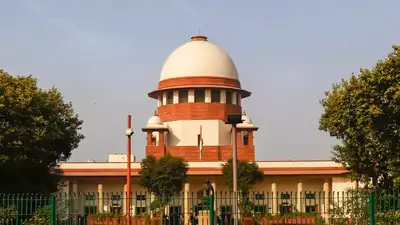
The Guwahati Municipal Corporation (GMC) has been facing a major challenge in the effective disposal of municipal waste in the city. Despite its efforts to manage the increasing amount of waste generated, the GMC has been able to treat only 25% of the total municipal waste generated in the city on a daily basis.
1. Municipal Waste Management in Guwahati
The GMC is responsible for the management and disposal of municipal waste in Guwahati. However, due to the rapid urbanization and population growth in the city, the amount of waste generated has been increasing at an alarming rate. The GMC has been struggling to keep up with the demand for waste management services.
2. Limited Capacity of GMC
The GMC has a limited capacity to manage and treat the amount of waste generated in the city. Currently, the GMC is able to treat only 25% of the total municipal waste generated on a daily basis. This means that the remaining 75% of the waste is either dumped in landfills or left unattended, leading to serious environmental and health hazards.
3. Challenges Faced by GMC
The GMC has been facing several challenges in effectively managing the municipal waste in Guwahati. One of the major challenges is the lack of adequate infrastructure and resources to handle the increasing amount of waste generated. Additionally, the lack of public awareness about waste management and the need for proper disposal has contributed to the problem.
4. Impact of Ineffective Waste Management
The ineffective waste management in Guwahati has led to serious environmental and health hazards. The unattended waste has resulted in the breeding of disease-carrying pests like mosquitoes and rats, leading to the spread of diseases like dengue and leptospirosis. The uncontrolled dumping of waste has also led to the pollution of air, water, and soil, affecting the health and well-being of the residents of Guwahati.
5. Conclusion
The inefficient waste management in Guwahati is a serious concern that needs immediate attention. The GMC needs to invest in adequate infrastructure and resources to effectively manage the increasing amount of waste generated in the city. Additionally, public awareness programs should be conducted to educate people about the need for proper waste management and disposal. Only then can the environmental and health hazards caused by the ineffective waste management in Guwahati be mitigated.
6. FAQs
- Who is responsible for municipal waste management in Guwahati?
- The Guwahati Municipal Corporation (GMC) is responsible for the management and disposal of municipal waste in Guwahati.
- How much of the municipal waste is treated by GMC daily?
- The GMC is able to treat only 25% of the total municipal waste generated in Guwahati on a daily basis.
- What are the challenges faced by GMC in waste management?
- The GMC faces challenges like lack of infrastructure, inadequate resources, and low public awareness about waste management in effectively managing the municipal waste in Guwahati.
- What are the impacts of ineffective waste management?
- Ineffective waste management leads to the breeding of disease-carrying pests, pollution of air, water, and soil, and affects the health and well-being of residents.
- What steps can be taken to improve waste management in Guwahati?
- The GMC needs to invest in adequate infrastructure and resources and conduct public awareness programs to effectively manage the increasing amount of waste generated in the city.









